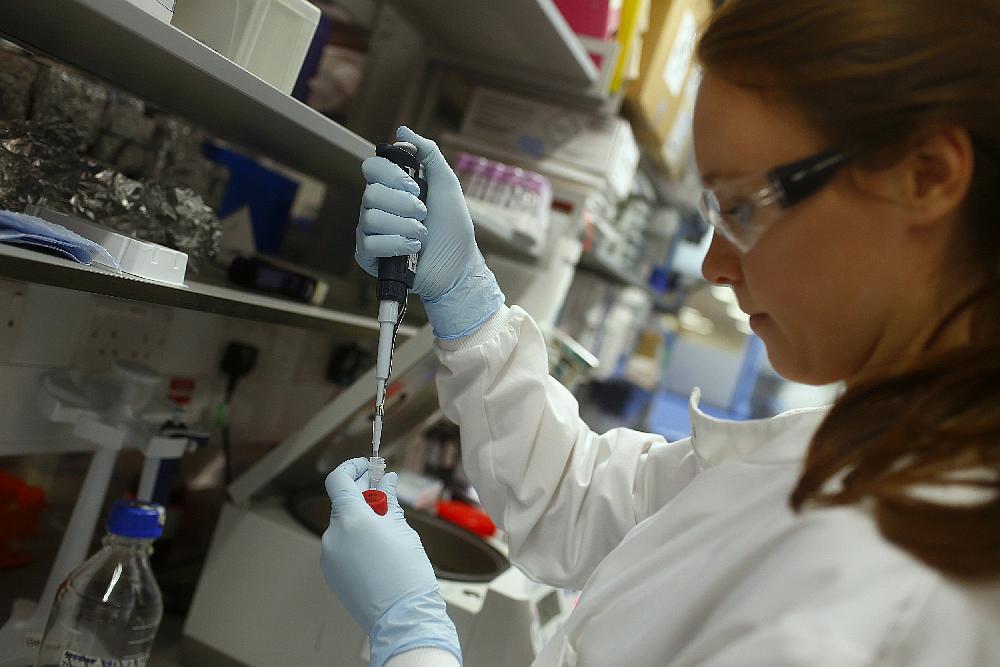
The Clinic for Infectious Diseases and Febrille Illnesses at the University Medical Centre in Ljubljana is treating a Slovene patient, who recently returned from Africa. She returned from an area where the virus is still active. The initial preliminary results for Ebola were negative. The final test results will be known on Saturday. The case will be treated as if it was an Ebola case until the suspicion is confirmed or refuted, explained the head of the clinic for infectious diseases Franc Strle on Thursday.
The patient still has a fever, which is one of the Ebola symptoms. However, fever is the symptom for other illnesses as well, such as malaria, dengue fever, hepatitis or typhus. It could also just be a case of flu or any other virus. In the case the Ebola virus is confirmed, the next step would be to find all those who were in contact with the infected patient.
The Ljubljana University Medical Centre explains that the virus is transmitted through tiny droplets, like for example through coughing, sneezing, yelling etc. However the danger is not immediate. The tiny droplets have a range of one meter, and a person is not contagious until he/she falls ill. That means that all those who have potentially been in contact with the patient cannot become infected, until the person carrying the virus starts manifesting the symptoms of the disease.
G. C.; translated by K. J.


































































